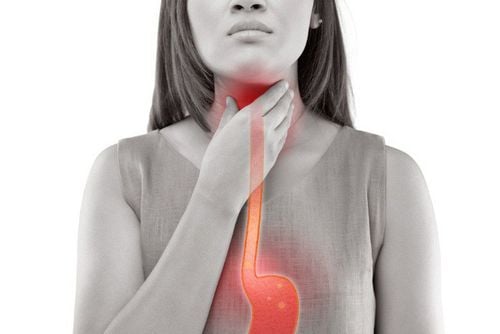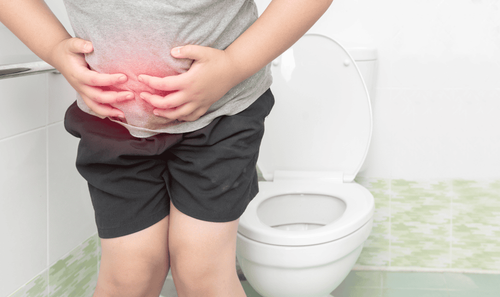Cassava poisoning symptoms appear after eating cassava, with manifestations such as headache, weakness, abdominal pain, etc. The cause is due to the presence of hydrocyanic acid in cassava, which can cause poisoning and even death if ingested in large quantities.
1. Symptoms of Cassava Poisoning
Cassava is a common food in our country, especially in rural and mountainous areas. Cassava poisoning is often referred to as "cassava intoxication" by locals. The severity of poisoning symptoms depends on the amount of cassava consumed, with clinical manifestations after eating cassava as follows:
1.1 Acute - Severe Poisoning
Symptoms begin with headaches, dizziness, and nausea, followed by neurological issues like fear, muscle stiffness resembling tetanus, dilated pupils, slowed breathing, and cyanosis.
Hydrocyanic acid poisoning disrupts respiratory enzymes like cytochrome oxidase and Warburg’s red enzyme, preventing tissues from utilizing oxygen effectively.
Digestive disorders such as abdominal pain, nausea, vomiting, and diarrhea.
Neurological disorders such as dizziness, headaches, or more severe symptoms like muscle stiffness, seizures, dilated pupils, and subsequent coma.
Respiratory disorders such as suffocation, cyanosis, and acute respiratory failure, which can lead to rapid death.
If not treated promptly, the patient may die within 30 minutes. Conversely, the patient can recover completely without sequelae if treated early.
1.2 Mild Poisoning
In mild or moderate cases, symptoms include headaches, dizziness, nausea, fatigue, and dryness in the nose and throat. Recovery is typically quick with rest and a glass of warm sugar water.

2. Why can eating cassava be poisoned?
2. Why Eating Cassava Can Cause Poisoning
The cause of cassava poisoning after consumption is due to the presence of a toxic substance called glucoside, mainly concentrated in the peel and ends of cassava. When exposed to digestive enzymes, acid, or water, glucoside is hydrolyzed and releases hydrocyanic acid, acetone, and glucose. Therefore, the toxicity of cassava is primarily due to hydrocyanic acid. Any type of cassava contains glucoside with an average content of 3-5 mg%. The more bitter the cassava, the higher the glucoside content, sometimes reaching 10-15 mg%.
A lethal dose of hydrocyanic acid is 1mg per kilogram of body weight. For an average adult weighing 50kg, 20mg can cause poisoning, and 50mg can be fatal. For the elderly, children, and the sick, the dose will be lower.
The toxic substance in cassava is highly volatile, easily dissolving in both cold and hot water. When oxidized or combined with sugar, it is converted into a non-toxic substance. Based on this characteristic, Proper processing can significantly reduce the toxin levels in cassava, making it safer for consumption. Peeling, soaking, boiling, and cooling cassava can reduce toxin levels to about 30% of their original amount. Additionally, the toxic content is reduced to a very low level and is not enough to cause poisoning even when consumed in large quantities when processed into dried slices, cassava flour, etc.
In summary, cassava is a common food in our country, especially in rural and mountainous areas. The severity of cassava poisoning symptoms depends on the amount of cassava consumed, with neurological and respiratory disorders, and severe cases can lead to death. Therefore, to prevent cassava poisoning, it is necessary to properly process cassava to minimize the toxin content.
To arrange an appointment, please call HOTLINE or make your reservation directly HERE. You may also download the MyVinmec app to schedule appointments faster and manage your reservations more conveniently.













